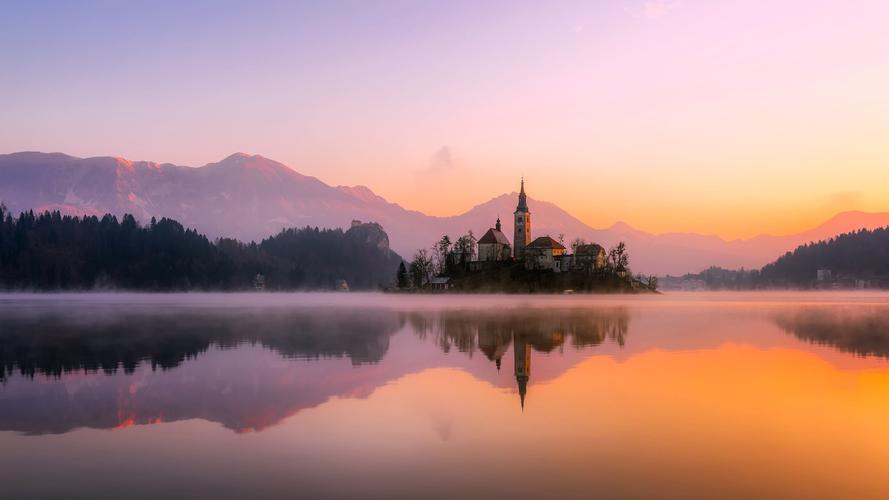Preserving Our Cultural Heritage: Why it Matters for Future Generations
Cultural heritage plays an integral role in shaping our identity and understanding of the world. It encompasses the tangible, such as art, architecture, and artifacts, as well as the intangible, such as music, language, and customs. Preserving cultural heritage is vital to ensure that future generations have access to this shared legacy. In this article, we will explore why preserving our cultural heritage matters for future generations.
Maintaining Cultural Diversity
Cultural heritage represents the diversity of the human experience. It celebrates our differences and brings us together as a global community. As our society becomes more homogenized, preserving cultural heritage becomes increasingly important. Through our cultural differences, we gain a greater understanding of ourselves and the world around us. By preserving our cultural heritage, we ensure that future generations have the opportunity to learn about and appreciate the diversity of human experience.
Preserving History
Cultural heritage provides a tangible connection to the past. It is a physical link to our history and allows us to understand where we came from. Our heritage is a reflection of who we were, who we are, and who we strive to be. Preserving our cultural heritage allows us to retain an understanding of past struggles and achievements. If we fail to protect our cultural heritage, we risk losing valuable information and artifacts from our past.
Fostering National Identity
Cultural heritage is an important aspect of national identity. It is the embodiment of a country’s collective history, values, and traditions. By preserving cultural heritage, we protect a nation’s identity and ensure that future generations understand and appreciate the nation’s unique characteristics. It also allows individuals to feel a sense of pride and belonging to their country, further strengthening its national identity.
Economic and Tourism Benefits
Preserving cultural heritage has enormous economic benefits. It helps to create jobs and stimulates economic growth in communities that rely on tourism as a source of income. By protecting cultural heritage sites and artifacts, we create tourist attractions that bring in revenue for the local economy. Over time, cultural tourism has become a significant source of income for many countries. By preserving our cultural heritage, we not only ensure the protection of our shared legacy but also create opportunities for sustainable economic growth.
Conclusion
Preserving our cultural heritage is essential for future generations. It helps to maintain cultural diversity, preserve history, foster national identity, and create economic benefits. By understanding the importance of preserving cultural heritage, we can ensure that future generations have access to our shared history and traditions. Let us work together to preserve our cultural heritage for the benefit of future generations.
(Note: Do you have knowledge or insights to share? Unlock new opportunities and expand your reach by joining our authors team. Click Registration to join us and share your expertise with our readers.)
Speech tips:
Please note that any statements involving politics will not be approved.
